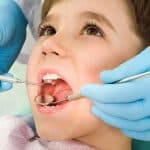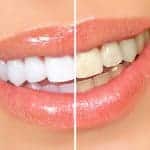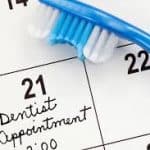
Energy, Health, Smiles, & White Peach Tea. Sodas, energy drinks, and coffee are being consumed in record-breaking numbers. Our society absolutely craves energy boosts to get us through our “lives on the go”. Let’s face it…most of us are addicted to caffeine and will consume it in one way or another at some point every day!
So here’s the question: Is there a way to obtain your caffeine fix that’s actually good for you?
Actually….Yes. Ever thought about a good cup ah’ tea?
Energy, Health, Smiles, & White Peach Tea
Tea typically contains more caffeine than a coke, but less than a brew of coffee. It is also sugar-free, unless you choose to add some. Tea has long been known to have many systemic health benefits including: decreasing your risk of heart disease, stroke, cancer, and boosting your immune system. More recently though, tea has been linked to GREATER ORAL HEALTH.
White tea is the least processed form of tea. Basically, the leaves are picked, dried, and that’s it. Because of this, it is the most antioxidant-rich tea there is, even more antioxidants than green tea. Recent research has found that consuming white tea can help prevent cavities and periodontal disease by suppressing the growth of cavity causing microbes and interfering with the bacteria’s ability to stick to teeth. People who drank a cup of tea or two between meals were found to have lower bacterial counts and less plaque than those who did not. A caffeine fix that promotes oral health….a dentist’s dream! The other great news is that white tea is not going to cause erosion of the teeth and unlike coffee and darker teas, white tea will cause minimal to no staining of those pearly whites.
There are many options for obtaining that small boost throughout your day. Consider replacing some of your other options with a nice cup of white tea. Not only will it give you a dose of caffeine, it will promote overall systemic and oral health.

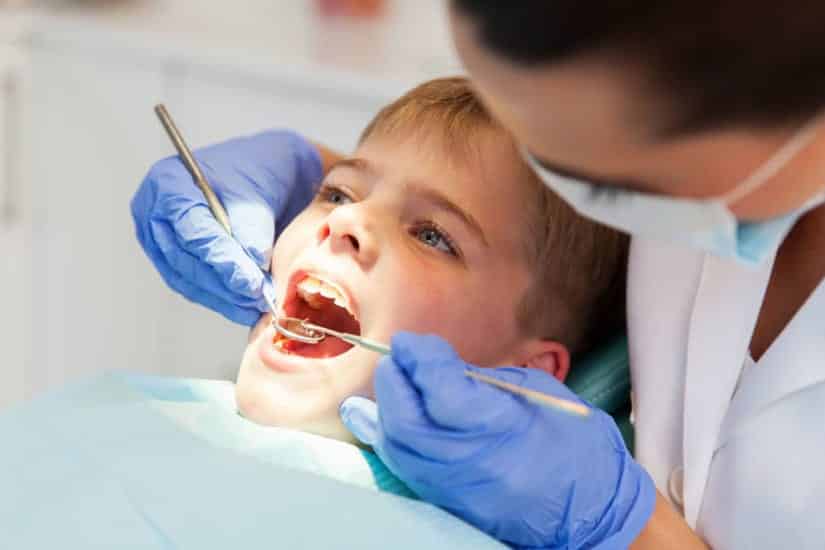

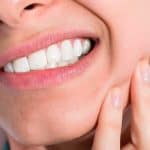
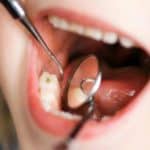

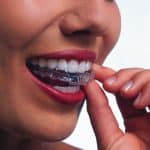
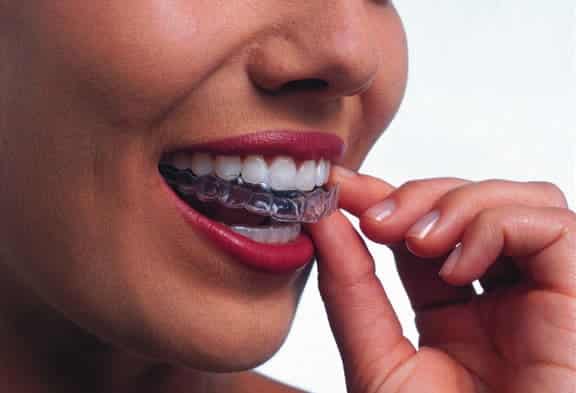 The best way to confirm whether or not you are grinding your teeth, is to mention your symptoms to your dentist at your next appointment. Your dentist can review the wear patterns on your teeth and examine your jaw to determine whether you’ve been grinding or clenching without realizing it.
The best way to confirm whether or not you are grinding your teeth, is to mention your symptoms to your dentist at your next appointment. Your dentist can review the wear patterns on your teeth and examine your jaw to determine whether you’ve been grinding or clenching without realizing it.